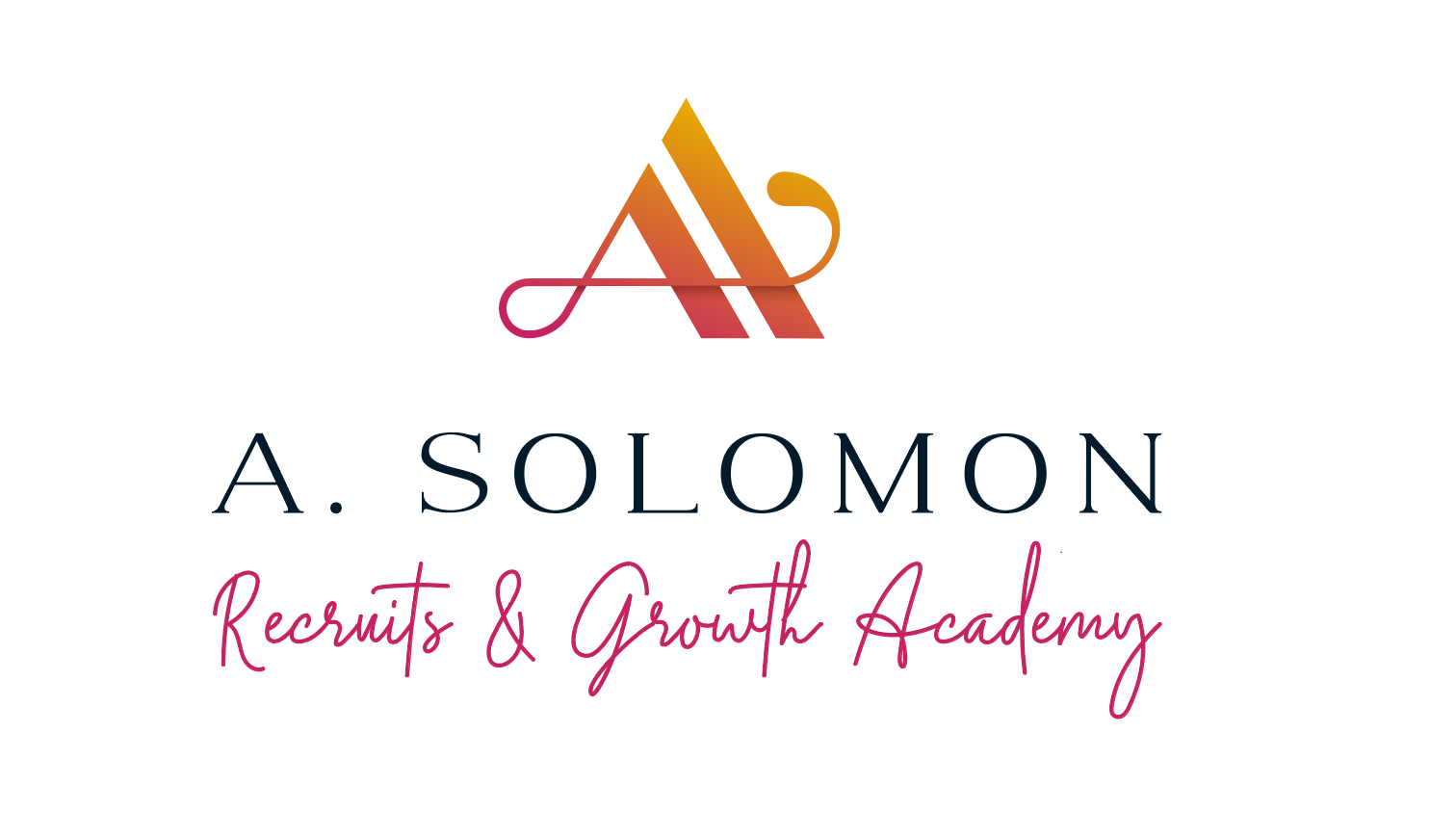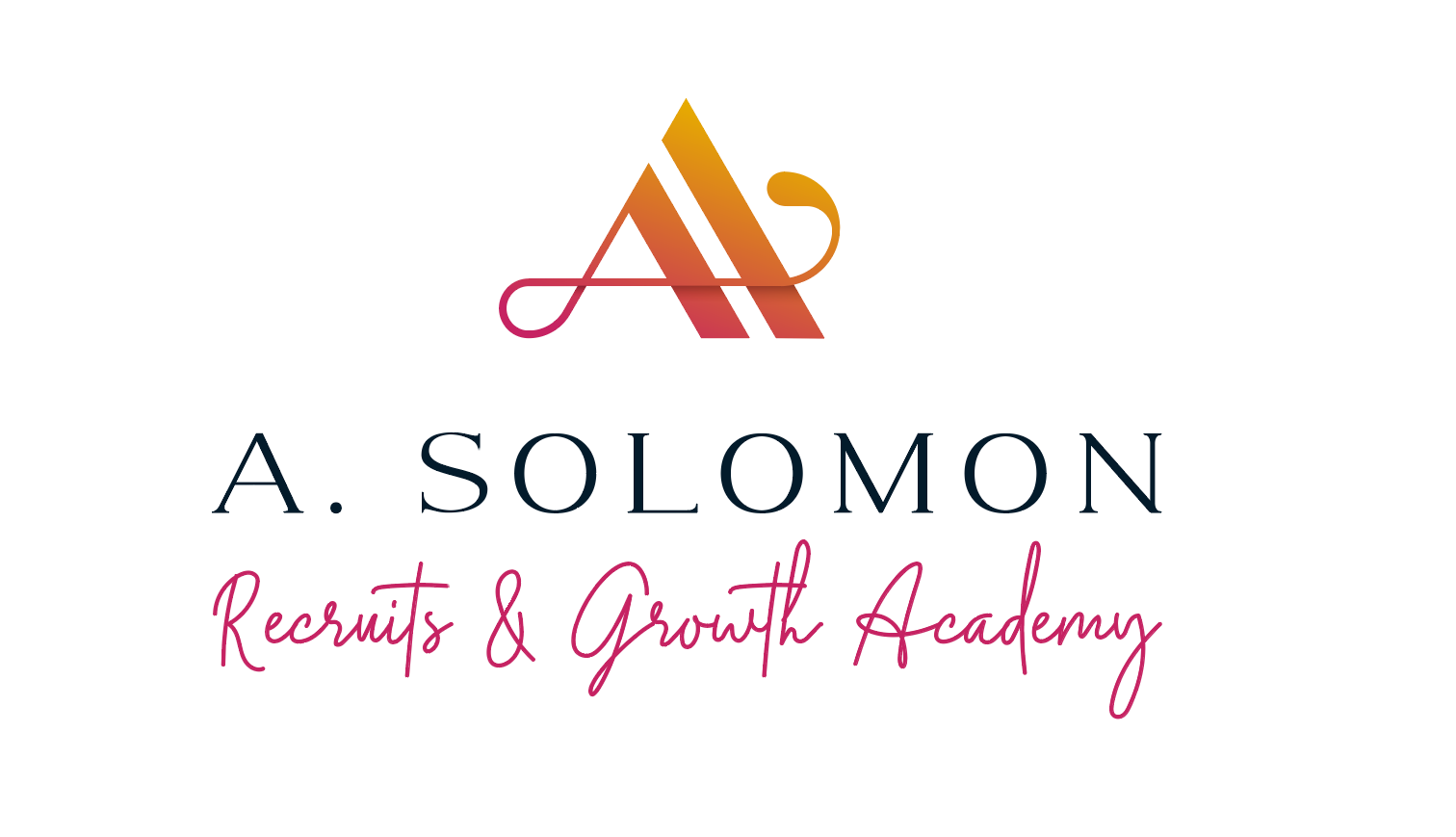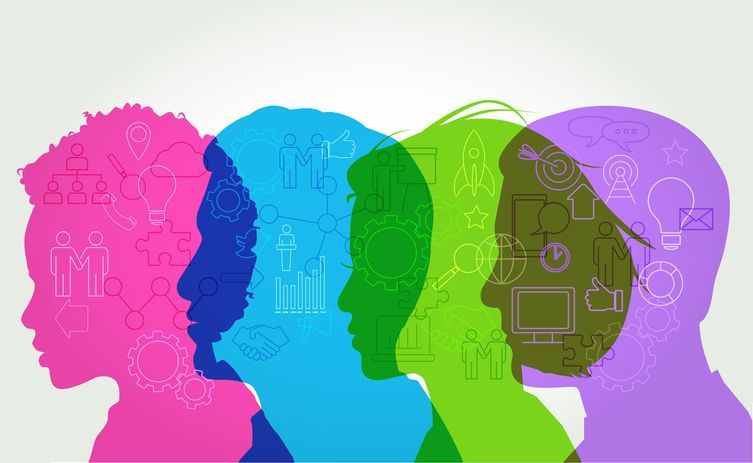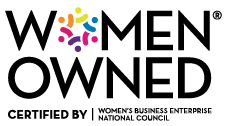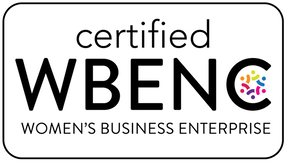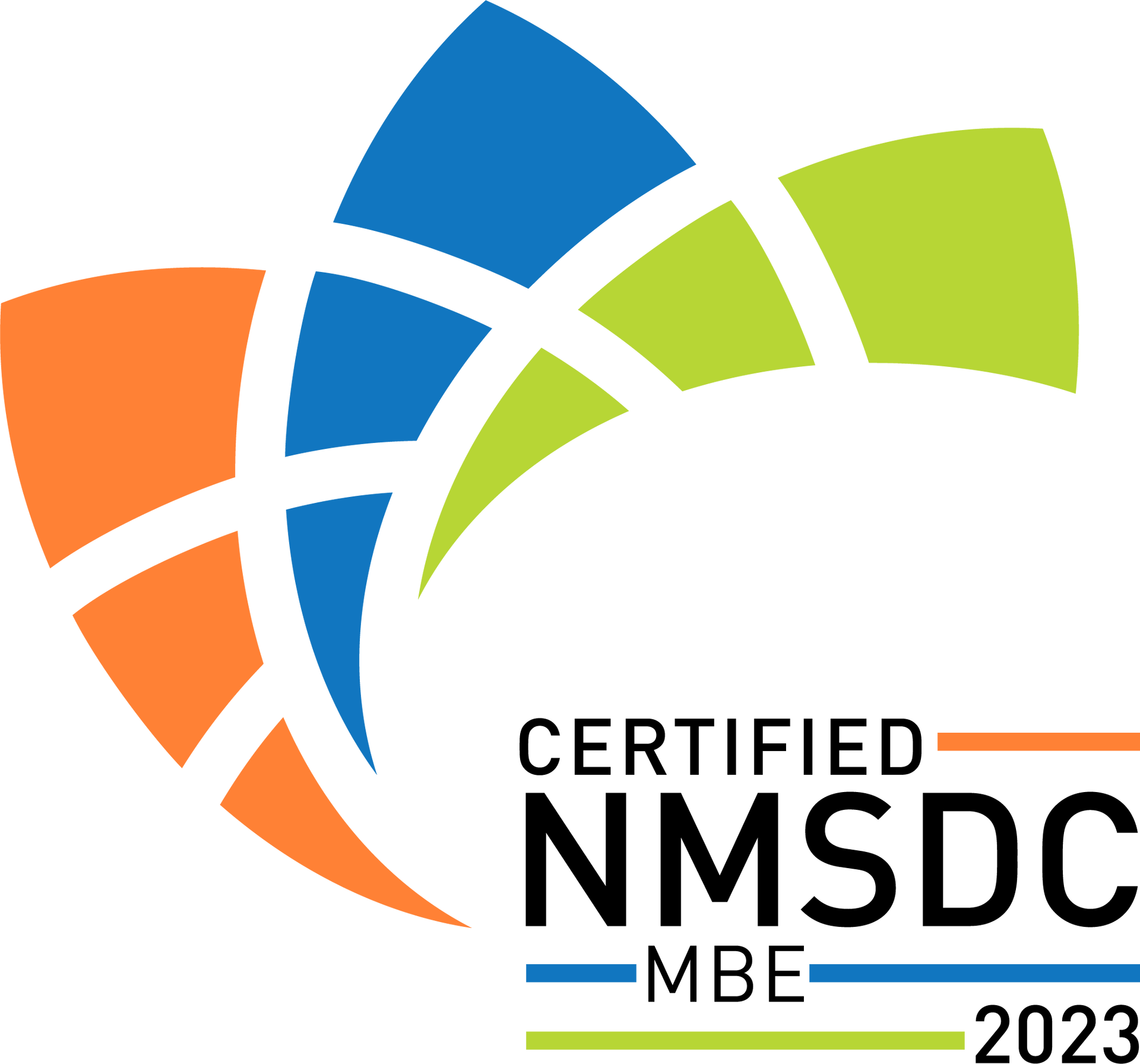Lessons for Corporate America from Amanda Gorman
Amanda Gorman set the world on fire last Wednesday with the moving recitation of her poem “The Hill We Climb” at Biden’s inauguration. The poem was auspicious and uplifting without shying away from acknowledging the tremendous hardships that we have gone through as a nation and as a people, past and present. Her writing addresses all of these hardships with a form of power that is quiet yet resilient, tender yet steadfast. The form of power that her writing speaks to is one that sees and assumes responsibility for everything, denies nothing, and moves organically toward its goals. This is a new definition of power that we would benefit from carrying into every facet of our lives.
The qualities that come to mind when we think about power in the traditional sense are actually qualities of dominion: that is, “power over”. This is the type of power that aims to control. This is the type of power which is only determined by the oppression of others and whose success is reliant on the failure of others. This is the form of power that necessitates striations, division and hierarchy, winners and losers. This is the form of power that has dominated (no pun intended) much of Western culture since its inception and that has informed every colonizing ship to leave Spanish shores. This form of power has come to a zenith in the last four years during Trump’s reign of dominion and oppression.
Amanda Gorman’s recitation marks the turning of the page from “power over” to “power with”, a term which is defined as being “at once relational and collective. It creates new possibilities from the very differences that might exist in a group.” (thepowerofcollectivewisdom.com) It is with this form of power that we will be able to make the necessary steps to create more organically diverse and equitable environments in which we will all be able to thrive, not just some of us.
Through the poem, Gorman lays out a plan of how we can begin to step into and enact this form of power. She notes “the norms and notions/of what just is/isn’t always just-ice”. We have made mistakes, yes, and just because something has become normalized doesn’t mean that it is correct.
She acknowledges that “quiet isn’t always peace”, a very important sentiment to understand for anyone who aims to create more equitable workplaces. In today’s corporate environment, equity initiatives are brought to the table for all of the wrong reasons. Workplaces offer courses on diversity and racism in order to fix problems or punish employees. These concepts are not brought into workplaces unless there is a specific problem that merits its attention. Or worse, diversity initiatives are put in place in corporations in order to appeal to a growing populace of individuals who care about the ethics of the corporations that they patronize. However, pursuing diversity in order to enhance public image is an insulting act of pandering for profit. It’s motivated not by the bettering of the workplace for black and brown employees but in order to increase the corporation’s market value.
In short, diversity efforts are most commonly done defensively, not proactively. They’re done in an attempt to brace for attack and to mediate failure. They’re motivated by the avoidance of failure not by the desire to achieve our goals. Amanda Gorman reminds us that acting out of a desire to not lose as opposed to acting out of a desire to win is the only route that guarantees failure.
A call to action around increased diversity in the workplace and the structural changes that will allow that to fully come to fruition is messy, messy work. It requires us to confront ourselves. It requires us to confront one another and confront our colleagues and higher-ups and be confronted by others who are pushing us to be better. It requires us to embrace not just one part of the world and one part our past, but all of it, the good with the bad. “Being American is more than a pride we inherit,/it's the past we step into/and how we repair it”. Being American is not a badge we get to wear, it’s a spirit we get to carry forward and into our endeavors. Being American is not just taking the good and leaving the bad, it’s owning all of it with equanimity and working together to right the wrongs.
We must right the wrongs. But we must right the wrongs for the right reasons. If we were to reformulate our approach to increasing diversity in the spirit of “power with”, our equity initiatives would be put in place for the benefit that comes from the actual diversity that will come as a result. It’s in the spirit of “power over” that we brand the image of diversity to profit off the backs of those who suffer through such empty inclusion criteria as “plug and play” and “cultural fit”, while perpetuating the systems the keep preexisting power structures in place. That chapter has to close.
I AM someone who sees incredible potential in places most people don't think to look. As a black woman, small business owner of a diversity staffing boutique, my team and I walk alongside our Clients in creating professional environments that are truly for ALL. I believe in our interconnectedness as a human race and strive every day to use my gifts to empower the workplace’s invisible and powerless. I rarely bet on certainty and always root for the underdog because, after all, those are the best stories to tell.

